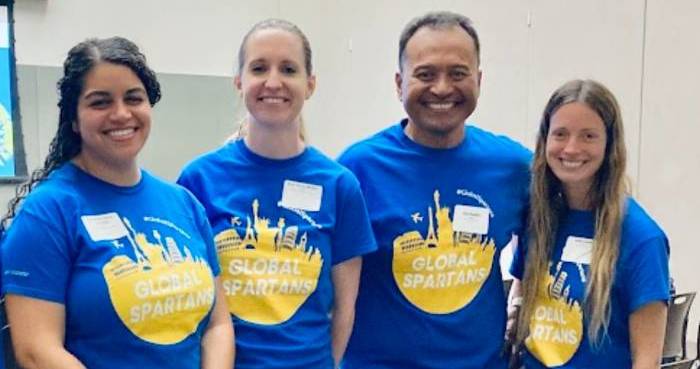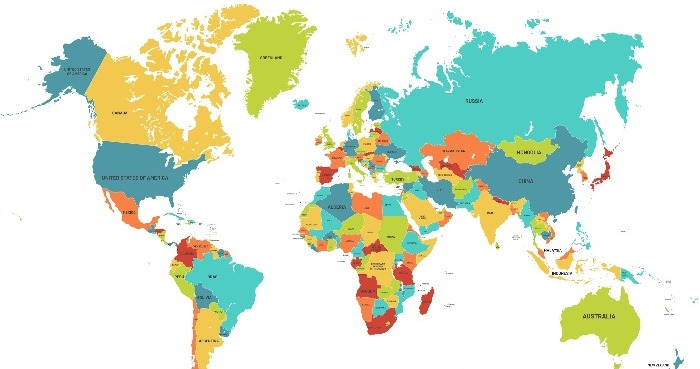Study Abroad for All
The Study Abroad & Away office is committed to internationalizing San Jose State University in order to cultivate an environment of diversity and inclusion, helping you to prepare to live and lead in a globalized world.

Meet Our Team
Meet the study abroad & away advisors and book an appointment to start your study abroad & away journey.

Getting Started
Follow the 8-step S.P.A.R.T.A.N.S. process to research, choose and apply for your global learning experience!

Funding Opportunities
Check out ways to fund your global experience with financial aid, scholarships, and budgeting resources.

Spartans Abroad Portal (SAP)
Visit our portal to research your program options from over 300+ approved options around the world.

Upcoming Events
Join any of our upcoming events to learn about program options, funding opportunities, helpful tips and others information.
Information sessions and other events are held throughout the year. Check back for upcoming events on the
